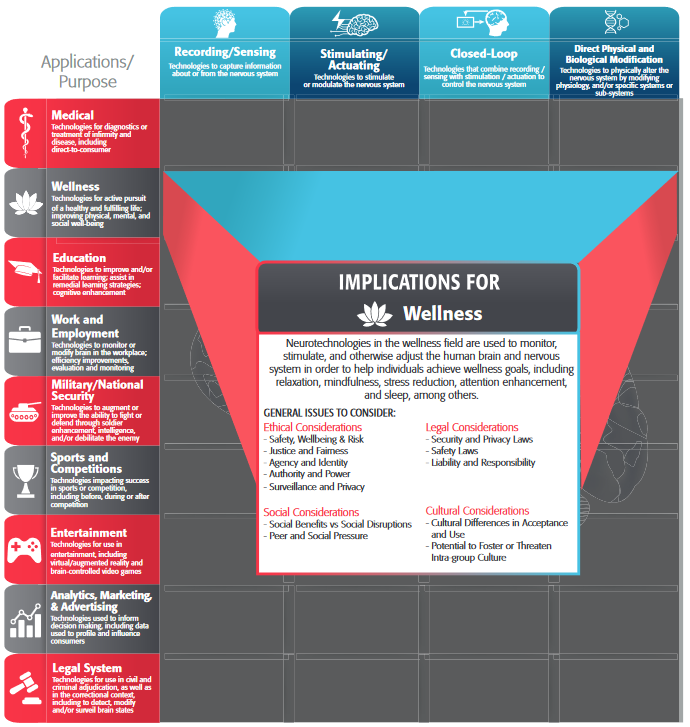The development and implementation of the future human-agent teaming vision, including the individualized technologies for enhanced human-agent teaming previously described, generates both the potential and need for a training revolution. Individualized and adaptive designs have the potential to reduce aspects of current training requirements and enable novel training focused on the technological complexity and pervasiveness expected to dominate the next generation of warfare. This approach directly enables human-technology designs (dyadic), as well as heterogeneous human-agent organizational designs (team and organizational), that maximize the potential capabilities that future technologies offer rather than restricting capability to ensure maximal interchangeability of operators. We envision advancements in science and engineering focused on individualized, adaptive technologies for enhancing teamwork to lead to novel capabilities revolutionizing the way we train both individuals and teams for superior group performance. We also anticipate that this shifting focus toward a more mainstream and pervasive incorporation of intelligent and adaptive technologies into organizations will precipitate a shift in critical knowledge, skills, and abilities across jobs. Further, we expect this work will push research on shared mental models, such as transactive memory systems (Wegner 1986; Palazzolo 2017), to develop fully integrated hybrid human-agent teams that require training in new ways for augmented conceptualizations of who knows what on the team.
At the individual level, we can expect many key tasks that are traditionally trained to be completely automated or conducted in conjunction with agent-based technology, or aided by robots, sensors, and software. This creates a need for STEM-related competencies for designing, manipulating, and troubleshooting software and hardware technologies on the job—a need we already see shifting K–12 curriculums. In addition to thinking about what cognitive capacities are added to teams, maintenance of certain information sources and knowledge domains may no longer be required. For example, with the addition of smartphones, most people have stopped remembering phone numbers. Technological advancements also drives questions regarding what unique and important capabilities humans can add to the teams of the future, impacting individual training content, design, and delivery. We suggest that humans will always be critical to higher-order decision-making, complex coordination, human-centric civil engagements, etc., but the individualized, adaptive capabilities expected in the future could dramatically change elements of these roles, the information and resources available at the point of need to enact these roles, and the modes and methods regarding how training is delivered in a team context.


